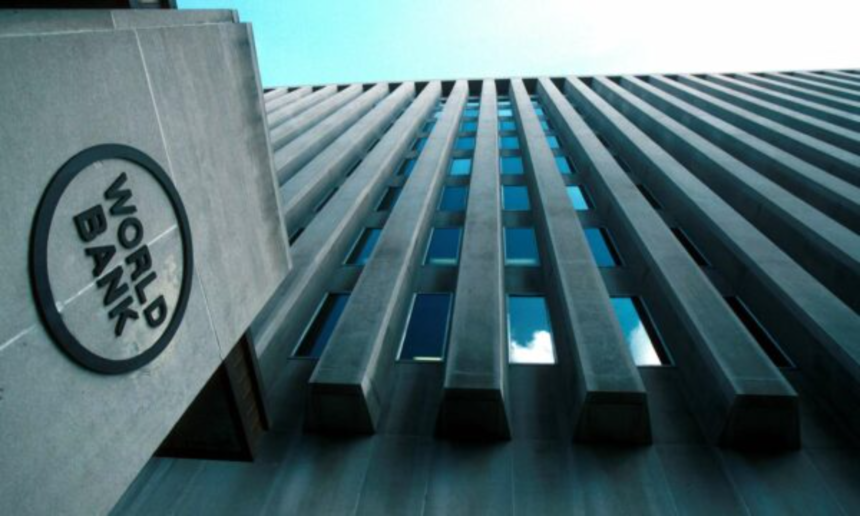The World Bank Group today published its Climate and Development Report for the six countries of the Western Balkans, highlighting that Albania is one of the most vulnerable countries in Europe to natural disasters.
According to the report, Albania needs to invest $6 billion over the next decade to effectively protect its citizens and property from the increasing risks of flooding, wildfires, earthquakes, and landslides.
The World Bank’s Climate and Development Report notes that “Albania has the potential to increase its resilience to climate change” and to capitalize on new economic opportunities through investments and strategic policies. However, “without proactive measures, climate-related economic damages could reach 7 percent of its Gross Domestic Product.”
About 95 percent of Albanian municipalities have been affected by these natural and climate-related disasters over the past two decades, with an increase in frequency and intensity. Among these were the November 2019 earthquake, the strongest in 30 years. Additionally, energy and agriculture have been significantly impacted by climate risks due to changing rainfall patterns, leading to droughts that reduce agricultural yields and halve electricity production, along with flooding, which has caused substantial losses in agriculture and livestock.
The report emphasizes that investments in climate adaptation are more than necessary and can support overall economic development, with climate adaptation investments offering 10 times the returns through reduced losses, social and environmental benefits, and increased economic opportunities.
The Group’s experts noted that with the aspiration to join the European Union, Albania has made significant strides in reducing poverty and narrowing the income gap with the EU, ranking among the countries with medium to high income.
Energy poverty remains a concern, with a significant portion of the population struggling with energy expenses.
Albania relies on renewable energy from hydroelectric plants, but faces challenges in managing its water resources for agriculture and energy production, especially after floods and droughts brought about by climate change.
Albania is reducing its dependence on hydropower by expanding regional energy trade, particularly with Kosovo, to enhance its energy security and bring in more renewable sources.
Investments are expected to diversify the energy system, improve efficiency, reduce dependence on imports, and electrify transport and heating systems.
The report also outlines a roadmap for necessary measures to transition Albania to a climate-resilient and sustainable growth model.
The climate-resilient roadmap for Albania includes the need for rapid investments to mitigate disaster impacts, a shift toward renewable energy for long-term decarbonization, reforms in public finances to support climate initiatives and stimulate private investments, and improving the regulatory framework to promote efficiency and innovation.
The World Bank Group affirmed that it is working with Albanian authorities to support projects focused on building sustainable infrastructure, improving water supply and sewage services, and promoting sustainable agricultural development. / VOA







